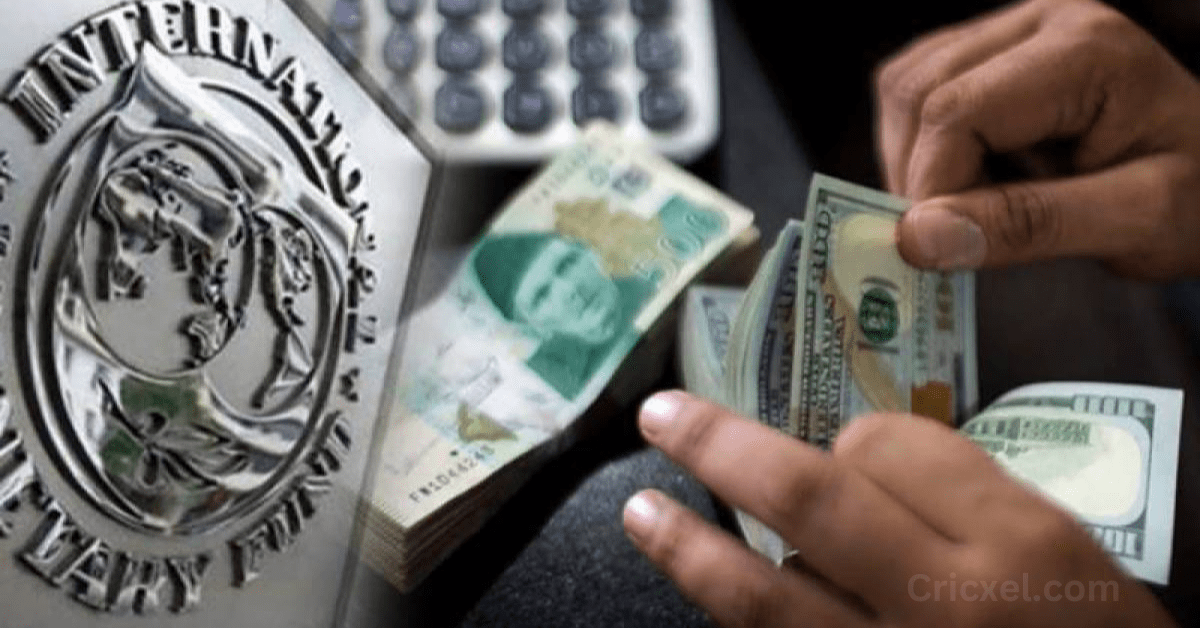IMF Loan- Pakistan faces a 40-day deadline to finalize critical actions. These actions are mainly through vital parliamentary approvals and laws. The goal? To secure a formal staff level agreement (SLA) with the International Monetary Fund (IMF). They’re angling for the next bailout program. This comes as a two-week discussion nears its end.
Reliable sources reported that the IMF team, headed by Nathan Porter, and Pakistani officials have finished discussions. These talks explored nearly every important area of the economy. Major changes in electricity and gas industries, public companies, and pension schemes were discussed. Ways to increase and expand income and align monetary policy with predictions of inflation were also talked about.
Both parties have come to a wide agreement. They’ve set action points, timelines, and backup strategies. They expect the government to follow these. They’ll do it through budget rule changes and related legal adjustments in the Finance Bill 2024-25.
The organization is seeking legislative support for the proposed changes and initiatives, considering the volatile political climate, shared an insider. The official added, The team will depart this Friday, not officially disclosing a Service Level Agreement.
The organization is seeking legislative support for the proposed changes and initiatives, considering the volatile political climate, shared an insider. The official added, “The team will depart this Friday, not officially disclosing a Service Level Agreement.”
“The organization is seeking legislative support for the proposed changes and initiatives, considering the volatile political climate,” shared an insider. The official added, “The team will depart this Friday, not officially disclosing a Service Level Agreement.”
“The organization is seeking legislative support for the proposed changes and initiatives, considering the volatile political climate,” shared an insider. The official added, “The team will depart this Friday, not officially disclosing a Service Level Agreement.”
IMF Loan- Tax measures

Authorities shared that tax-based steps such as fewer slabs for wage earners, treating farm earnings like regular income, consequences for those who don’t file and a rise in their transaction fees would be legally covered in the finance bill. This would be done through changes in the income and sales tax rules.
The decision is in place to drop the Rs60 per litre limit on the petroleum development levy. We’re making it unlimited. Additionally, the finance bill will contain provisions for a carbon tax. These two taxes are set up to increase revenue and adjust prices to build safeguards, according to those in the know.
Reliable contacts report that an agreement has been reached. It’s about increasing prices of natural gas for home use, fertilisers, CNG and cement industry. Surprisingly, there’s no change planned for special commercial sectors like tandoor ovens. In contrast, gas rates for the power sector are set to drop a smidge. This ties in with the periodic gas price evaluation. The whole thing kicks-off with the new financial year.
The two parties have thoroughly talked about changes to reduce circular debt in the gas sector. These include steps forward on the weighted average cost of gas (WACOG) – balancing local gas and imported LNG, and backup plans if WACOG plans fall through.
The Energy Department has Swapped ideas
The energy department has swapped ideas at least three times with the IMF, sometimes aided by the World Bank. They’ve discussed how to tackle increasing payout capacity and the diminishing outlook for debt paybacks for CPEC-related projects. The authorities will uphold the main purpose of total cost recovery via rates, tied with demand surge steps. Finalized are all stats and info pertinent not only to the energy sector but also to other public-owned organizations (SOE), including the impact on their budget.
“The official revealed plans broken down into three sections. These plans handle recovery, reform, and adjusting tariffs in both gas and electricity sectors. Adjustments are responsive to changing situations. Expect an increase in gas prices. This will hover around 20 to 30 percent. The new fiscal year sparks this change. The rate of increase ties to how well WACOG performs.”
Pakistan has given a list of 24 State:
It’s split into three groups: strategic, essential, and those set for private sector transfer. They’ve agreed to let the government handle operations that the private sector can’t, and no more. Some new SOEs have been identified too. They are parts of Pakistan Railways and the Science and Technology sector. They promised to move quicker. Sadly, not much progress in the privatization program is expected for the coming fiscal year. There may only be some deals, like the one with Pakistan International Airlines.
Mre–
How PML-N’s New Defamation Law Could Backfire
Both parties continue to discuss the fate of state entities such as Pakistan Television and Radio Pakistan. They’re talking about the possibility of these units moving to the jam-packed private sector. However, it’s a given that these entities obey corporate regulations. This includes providing clear financial information.




